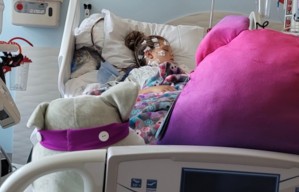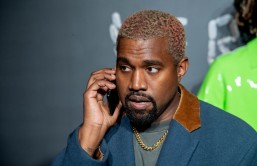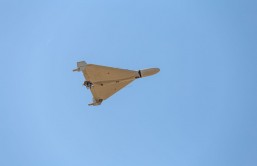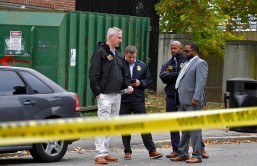SpaceX unveiled its newest reusable capsule called Dragon V2 in an event held in its Hawthorne, Calif. headquarters on Thursday.
Chief executive Elon Musk showed his company's latest innovation, which has the ability to carry up to seven astronauts to low-Earth orbit. The new spacecraft would help the government reduce its cost of sending people to space. It costs NASA $60 million per head to send astronauts to the International Space Station (ISS).
"You can just reload, propel it and fly again," Musk said during the event, as quoted by the Associated Press. "This is extremely important for revolutionizing access to space because as long as we continue to throw away rockets and space crafts, we will never truly have access to space. It'll always be incredibly expensive."
Dragon V2 is different from other reusable capsules designed by SpaceX. Unlike the Falcon 9, which lands in the Atlantic Ocean through an ocean splashdown, the Dragon V2 can land anywhere on Earth by using its propulsion system.
Musk proudly stressed defined his company's latest innovation as a "big leap forward in technology" compared to the first Dragon capsule. He presented a video of the capabilities of the Dragon V2 showing its arrival to the space station and its return to Earth before mounting inside the capsule.
The video also showed the spacecraft's simple and clean interior equipped with critical controls that could shift to manual control during emergencies. Dragon V2 also has powerful engines-the first "fully printed" engines used for spacecraft, The Verge reported.
The Dragon V2 capsule is expected to be ready by 2016 and hoped to be launch in 2017 or 2018, just in time for NASA's deadline. But Musk clarified that the first flights would be unmanned as they need to ensure that the spacecraft is secured before having humans aboard.
The new reusable capsule would also become a solution to NASA's problem after Russia announced its plan to ban the United States on the ISS and rocket engine use beyond 2020 during the height of the Ukraine crisis.








